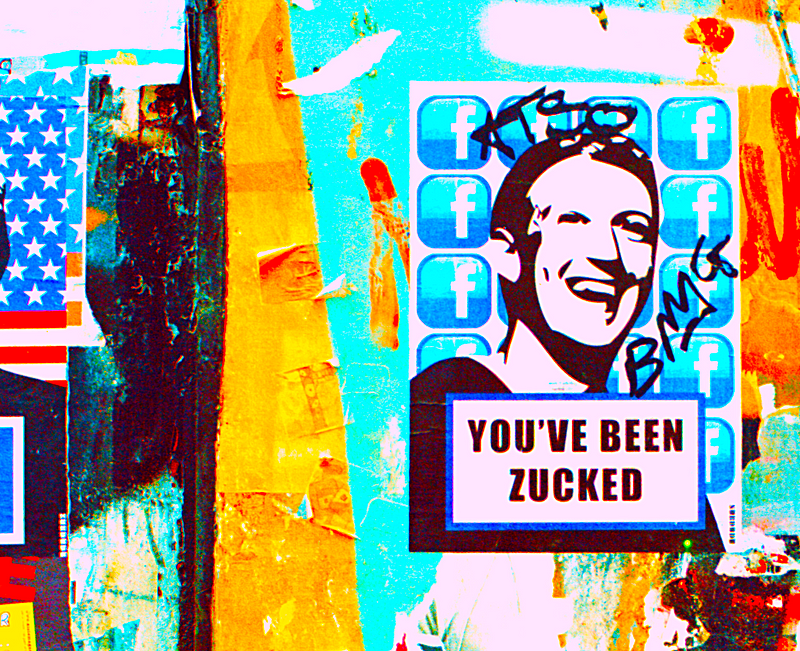How Social Media's Impact Shapes Our Lives Today
Written on
Chapter 1: The Awakening
The realization of our collective addiction to social media can be quite startling, akin to stumbling upon an uncomfortable scene. It's something you can't easily forget.
I recall the moment I understood that social media was taking a toll on my life. While waiting for Netflix to buffer an episode of The Lincoln Lawyer, I mindlessly scrolled through Facebook, unable to endure even thirty seconds of waiting without a humorous video. An hour later, I glanced at the frozen TV screen, realizing I hadn’t even pressed play.
We're more connected than ever, yet paradoxically, we’ve never felt more isolated. On average, individuals spend about two hours and twenty-seven minutes daily on social media, which amounts to nearly thirty-eight days a year. As technology advances, its influence on our daily lives will only intensify—things are likely to worsen.
When the first mobile phone emerged in 1983, few anticipated its transformative impact on society, nor our growing dependence on it. What will technology look like in the next four decades? Are we nearing a future where cellphones are obsolete, replaced by optical implants or virtual reality for social engagement? This may seem like science fiction, yet such technology is already in development and could become commonplace sooner than we expect.
Why do you spend so much time online? Have you considered the reasons? Is it to keep in touch with friends? Research indicates that heavy social media users often report heightened feelings of loneliness and view their relationships as superficial. Is it to boost your happiness? Excessive use of social media has been correlated with increased depression, as constant comparisons to others can lead to negative self-perception. Or is it simply for entertainment? While there are moments of enjoyment, scrolling often lacks genuine fun.
The underlying reason for our prolonged online presence is straightforward: we seek to escape boredom. We’ve become addicted to the distractions it provides and fear facing our own thoughts.
Section 1.1: Embracing Stillness
To foster a healthier relationship with technology, it’s crucial to learn the value of being over doing.
You might find yourself scrolling through Facebook while sipping your morning coffee, or mindlessly feeding your toddler breakfast while absorbed in Instagram. For many, the thought of sitting in silence without a device feels unbearable—almost like a personal nightmare.
But it's time to ignite a change. You need to become comfortable with doing absolutely nothing. Here are some strategies:
- Remove apps that consume your time.
- Turn off notifications.
- Take a walk or ride a bike to reconnect with nature.
- Keep your phone stowed away and consciously appreciate your surroundings.
- Practice meditation—allocate time to simply exist.
Accepting your thoughts and emotions is vital for self-discovery. Choosing to do nothing prompts you to confront aspects of yourself you may be avoiding. Understanding your motivations for seeking constant stimulation from social media can lead to profound insights.
Spending your life tethered to social media is akin to trying to enjoy music underwater—you can sense the melody, but the clarity is lost.
Subsection 1.1.1: The Benefits of Presence

Mastering the practice of doing nothing allows you to rise above the surface; everything becomes clearer, and your awareness of the world around you sharpens. The people in your life will notice your increased presence and attentiveness. You’ll begin to appreciate the warmth of morning sunlight, the joy of your child's laughter, and the aroma of freshly brewed coffee.
When you shift your focus away from the number of 'likes' on your latest Facebook post, you'll discover what truly matters in life. And trust me, you won’t miss the distraction.
Chapter 2: Reflections on Disconnecting
The second video provides insights into the causes behind Facebook outages and their global repercussions for users and businesses, underscoring the platform's significant role in our lives.